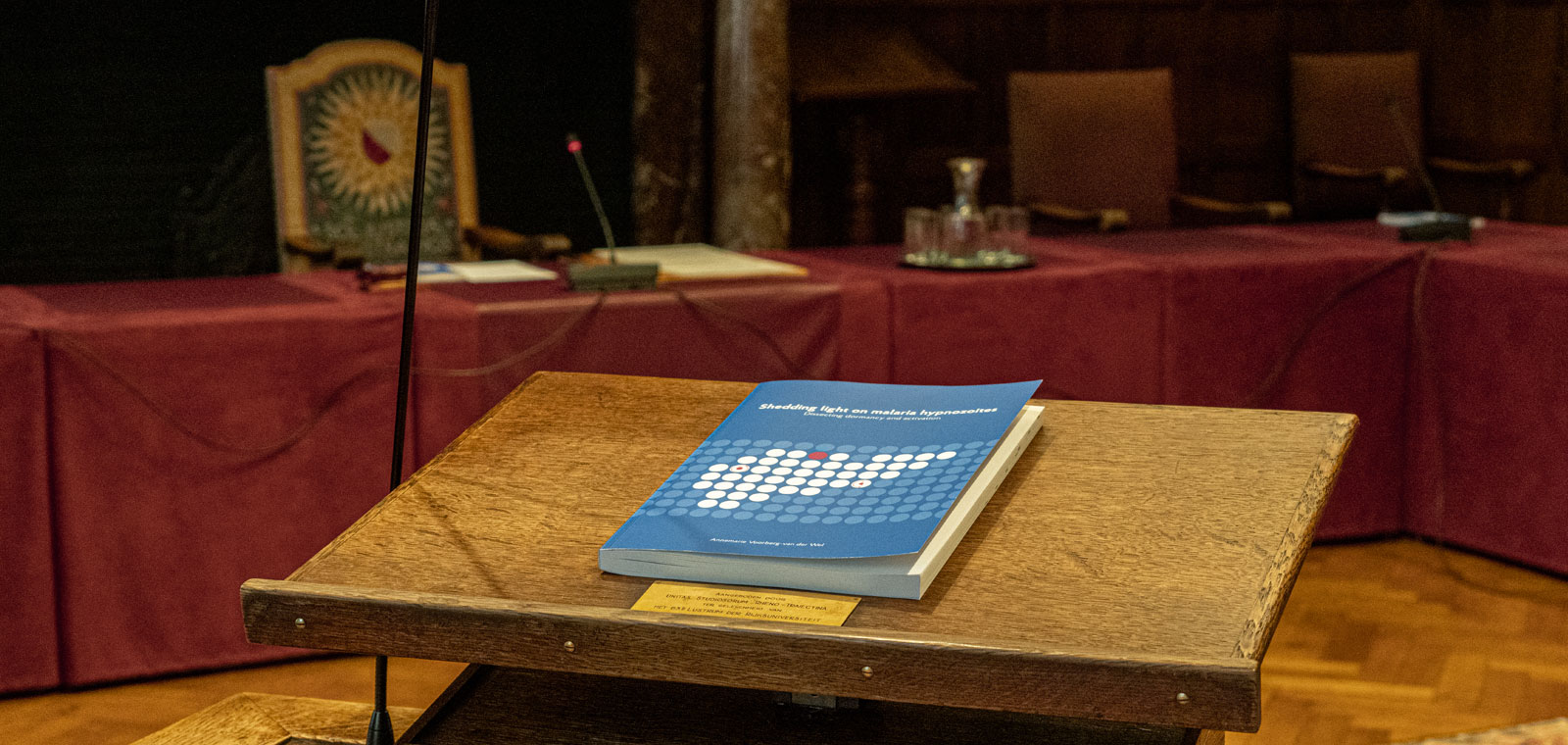
After successfully defending her thesis "Shedding light on malaria hypnozoites: Dissecting dormancy and activation", Dr Annemarie obtained her doctorate yesterday.

After successfully defending her thesis "Shedding light on malaria hypnozoites: Dissecting dormancy and activation", Dr Annemarie obtained her doctorate yesterday.
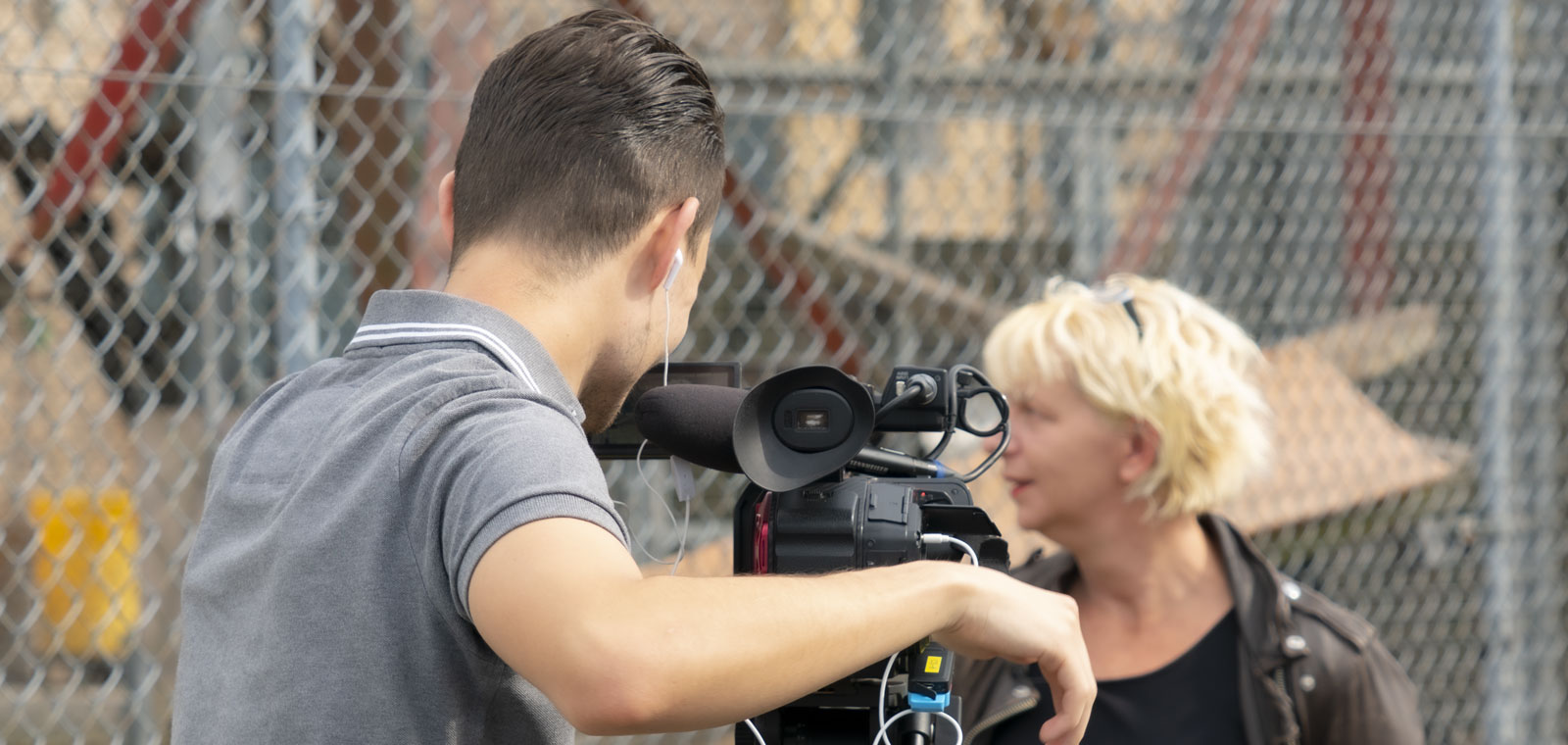
Everyone experiences the pandemic in their own way. Science journalist Chris van Mersbergen and video journalist Jelle Akerboom from Algemeen Dagblad wanted to know how BPRC researchers experience it and payed us a visit.

June 14 is World Blood Donor Day. A day to thank blood donors for their selfless and life saving gift. Did you know that not all donated blood goes to the ICs to save patients? Donors can indicate whether their blood may be used for scientific research. And that is important. For example, for the development of alternatives to animal testing.
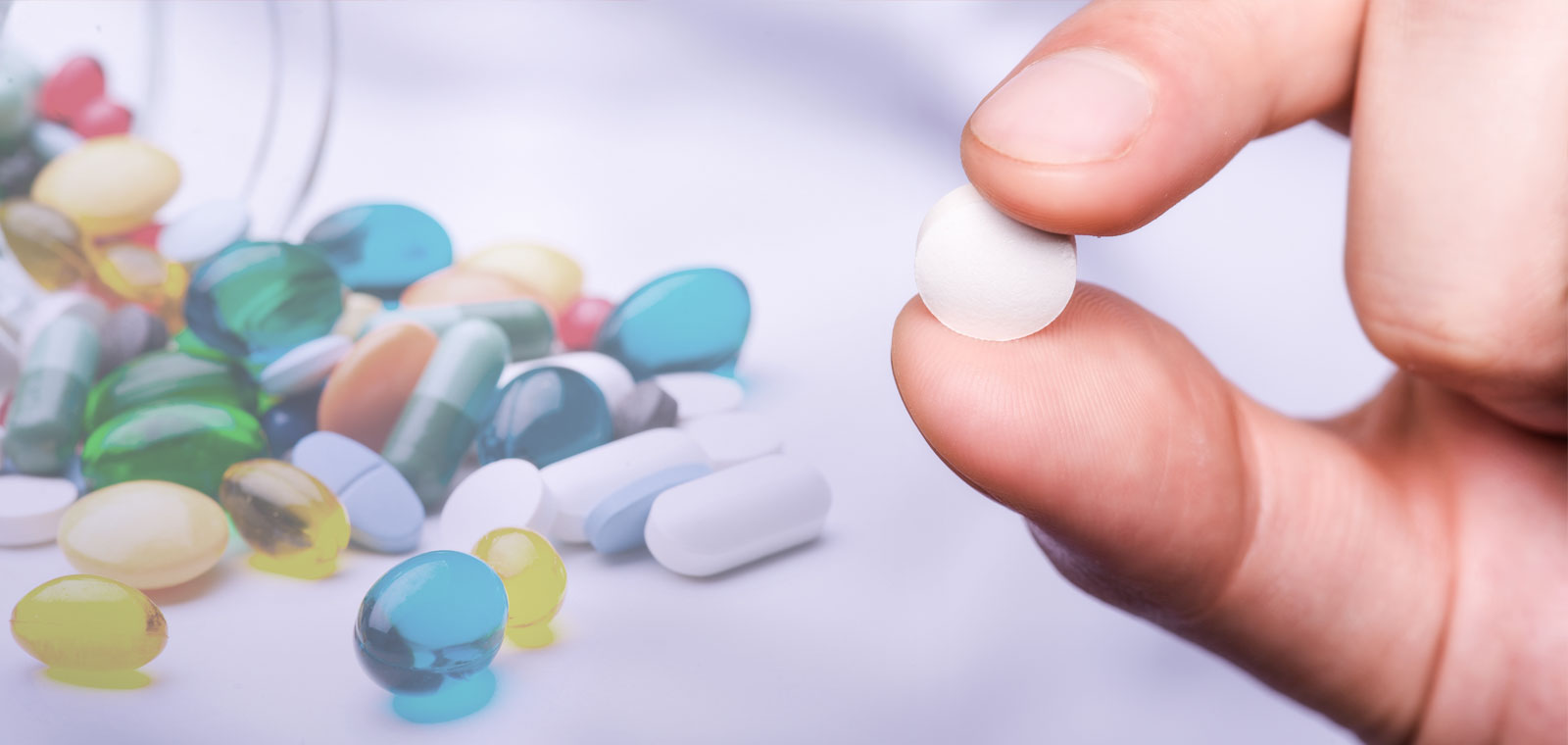
Chloroquine, we know this substance all too well at BPRC. We use this medicine to cure our animals from malaria. But right now it's in the news for a completely different reason: it helps against the coronavirus ... or doesn’t it?
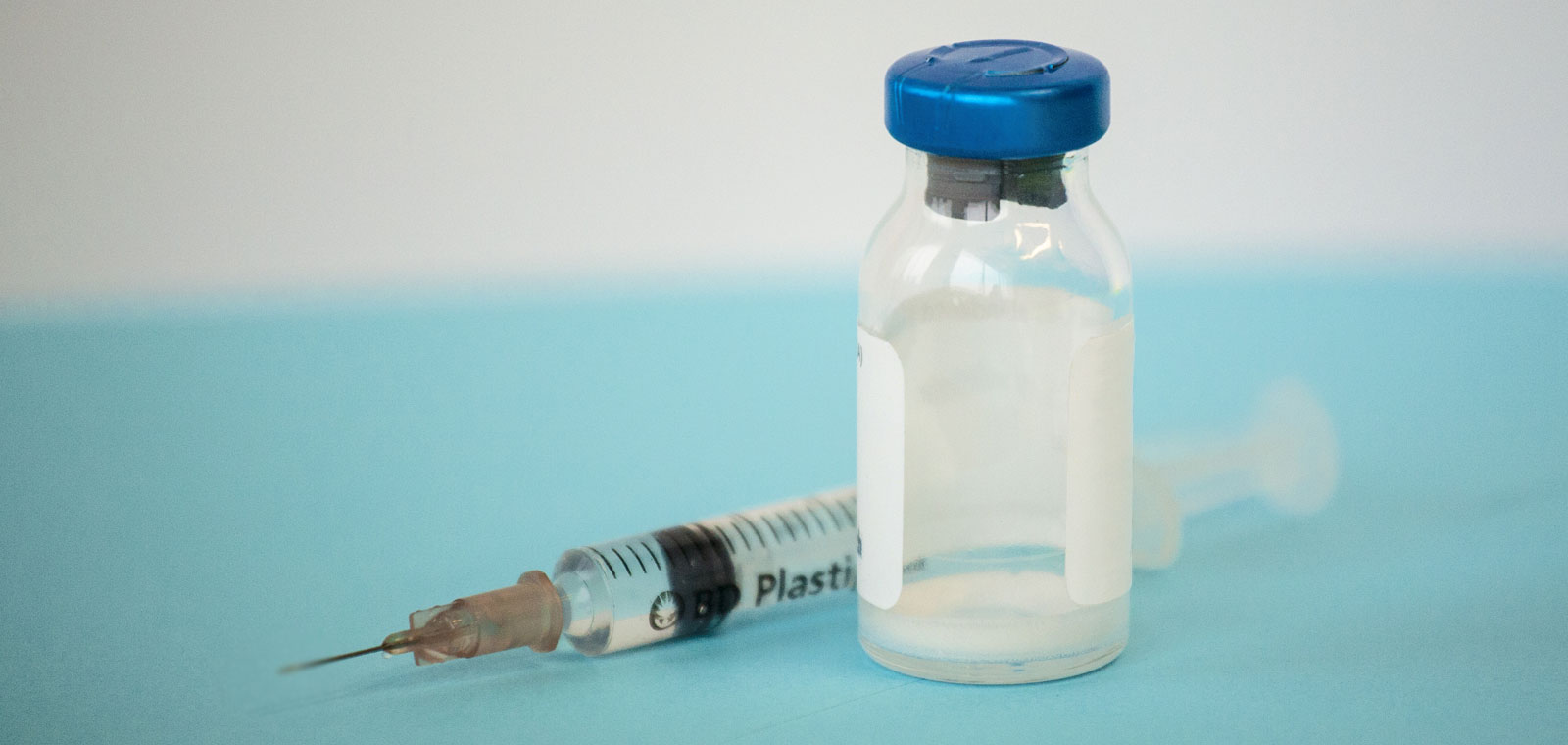
Unfortunately, a fully protective vaccine against malaria is still lacking. The most advanced vaccine provides protection in some individuals, but in others it is not effective. We don't know why. New research has provided more insight into this.
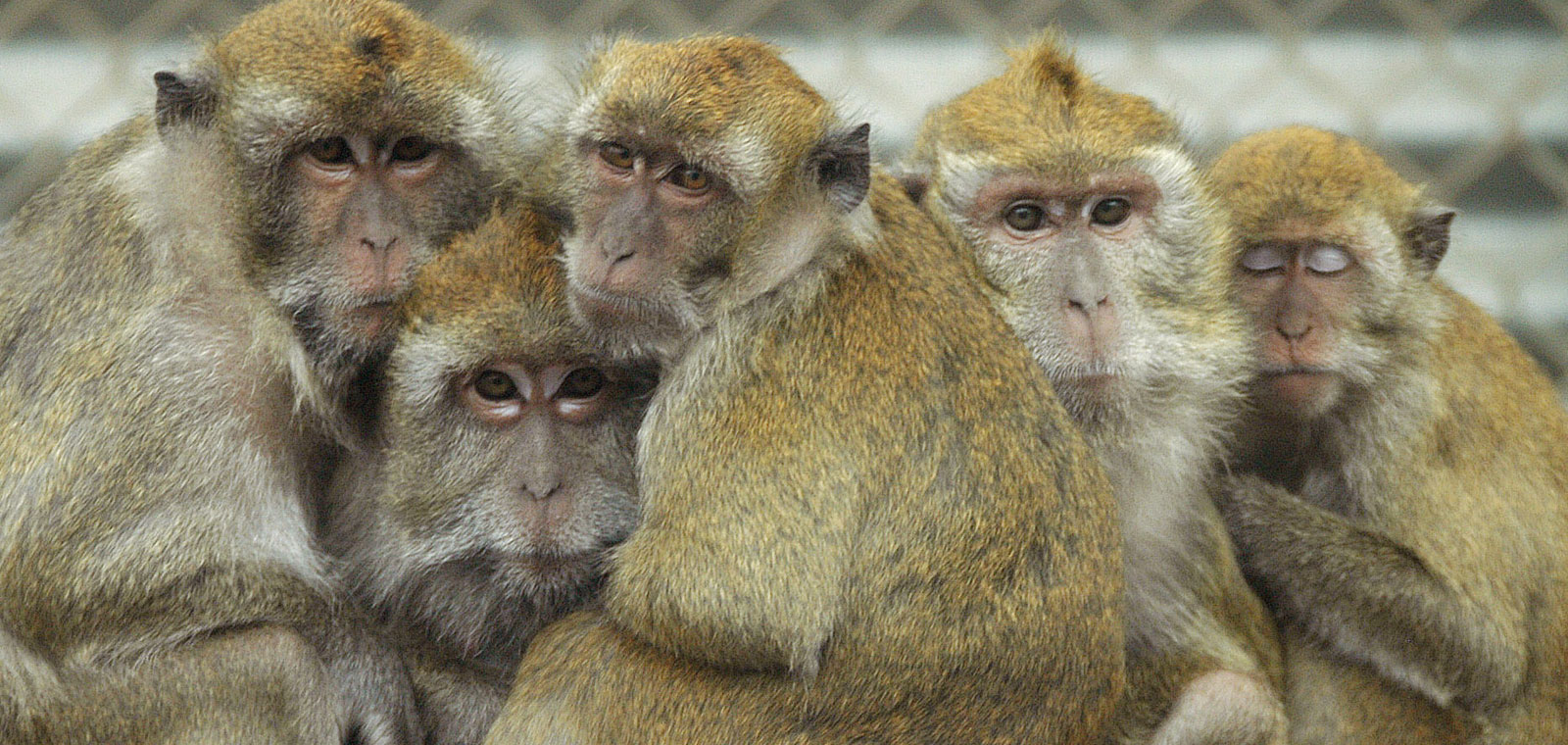
Working with friends is more fun than with strangers. Scientists from BPRC and the universities of Utrecht and Vienna have now found a scientific explanation for this. The secret lies in the stress hormone cortisol.
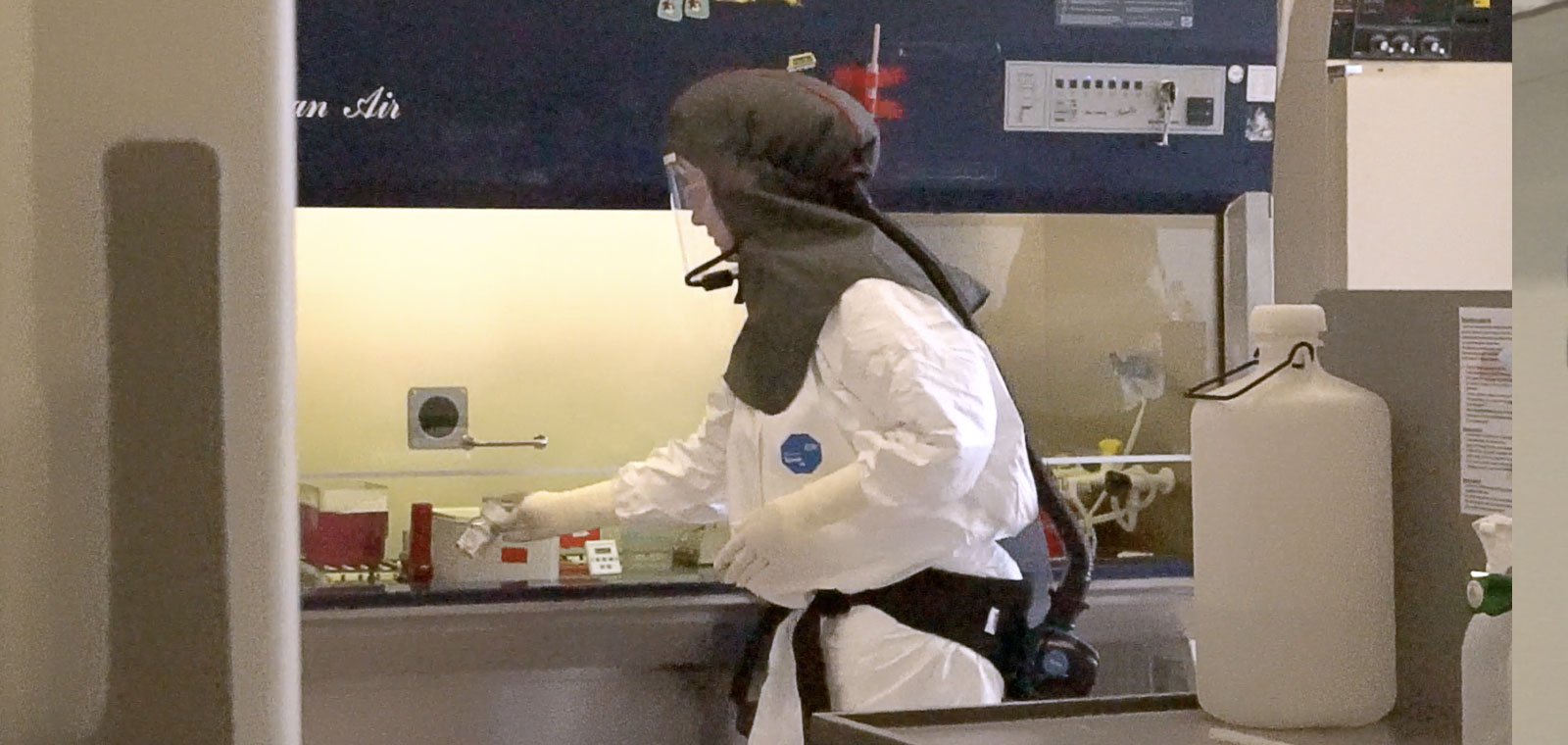
Babs from the department of virology tells it herself.
Twenty-five years ago I was faced with the choice, doing research in test tubes or with people? I chose for the scientific link between the two, preclinical research. In 2020 you suddenly find yourself on the frontline of the most wanted vaccine on earth.
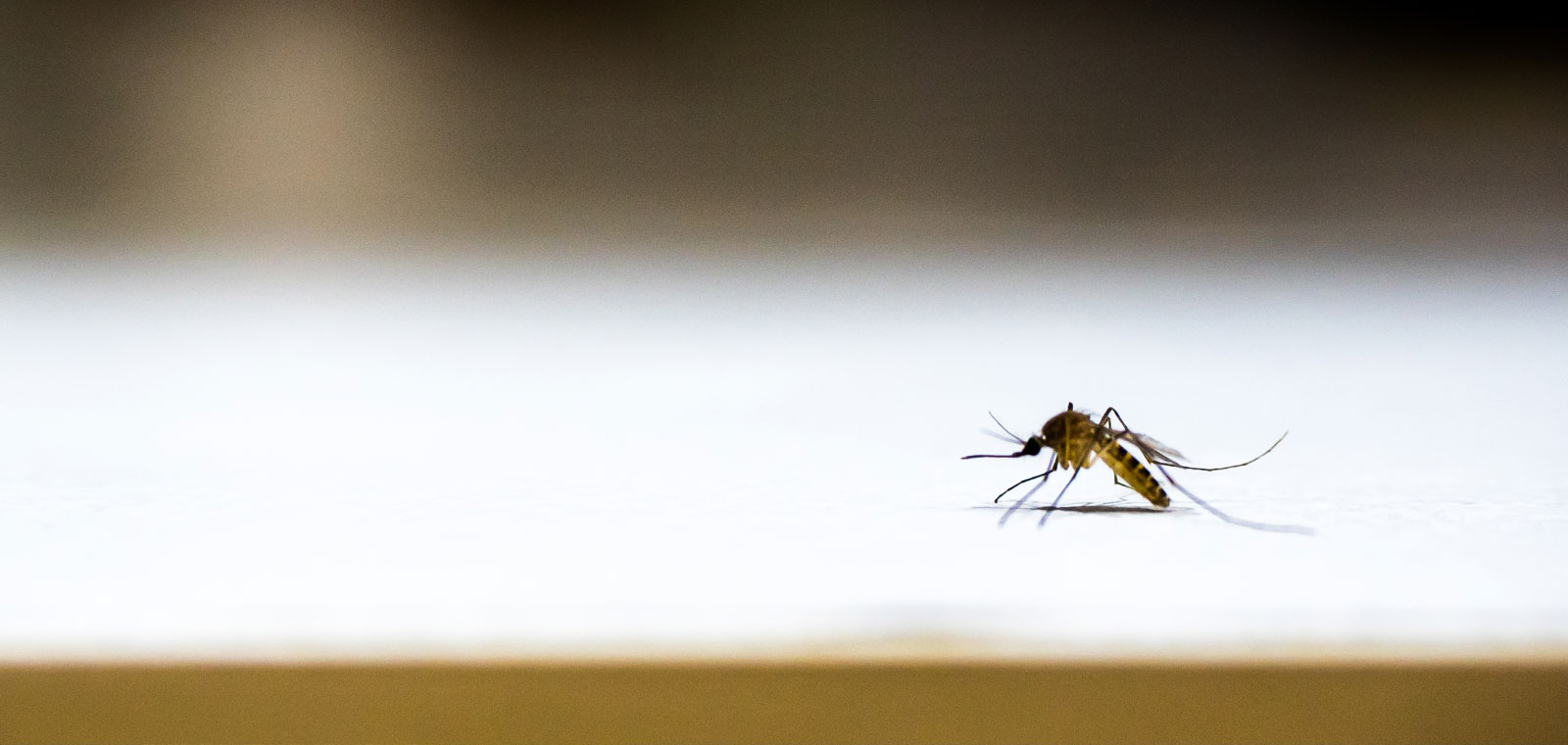
Today is World Malaria Day. In a tumultuous world because of coronavirus, we should not forget that more diseases need our attention. Every year more than 450,000 people die of malaria. That’s more than a thousand people a day!